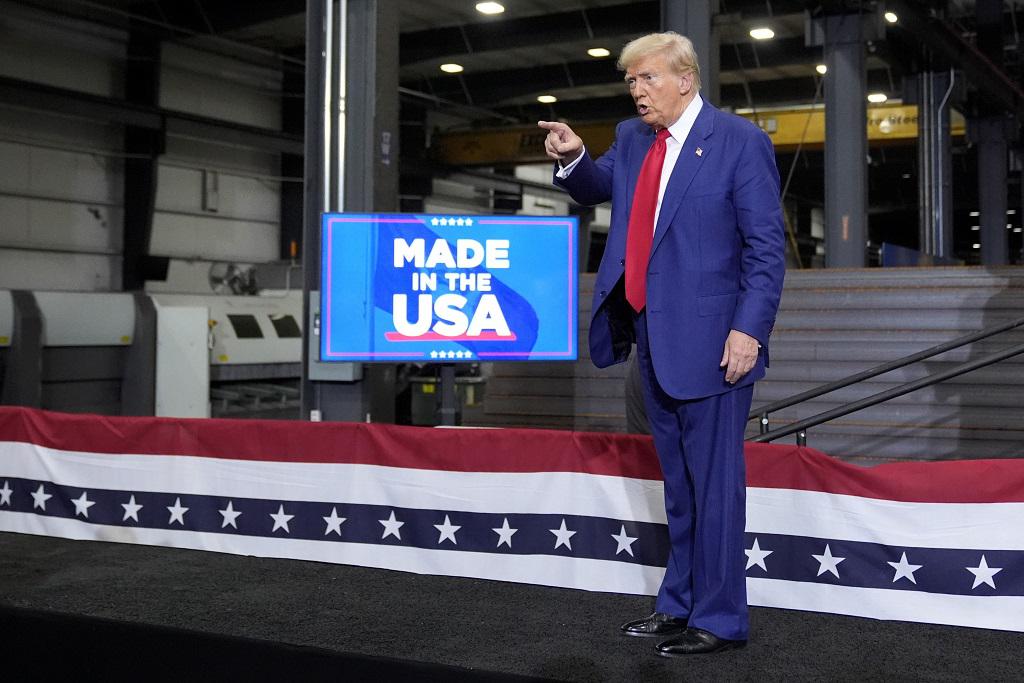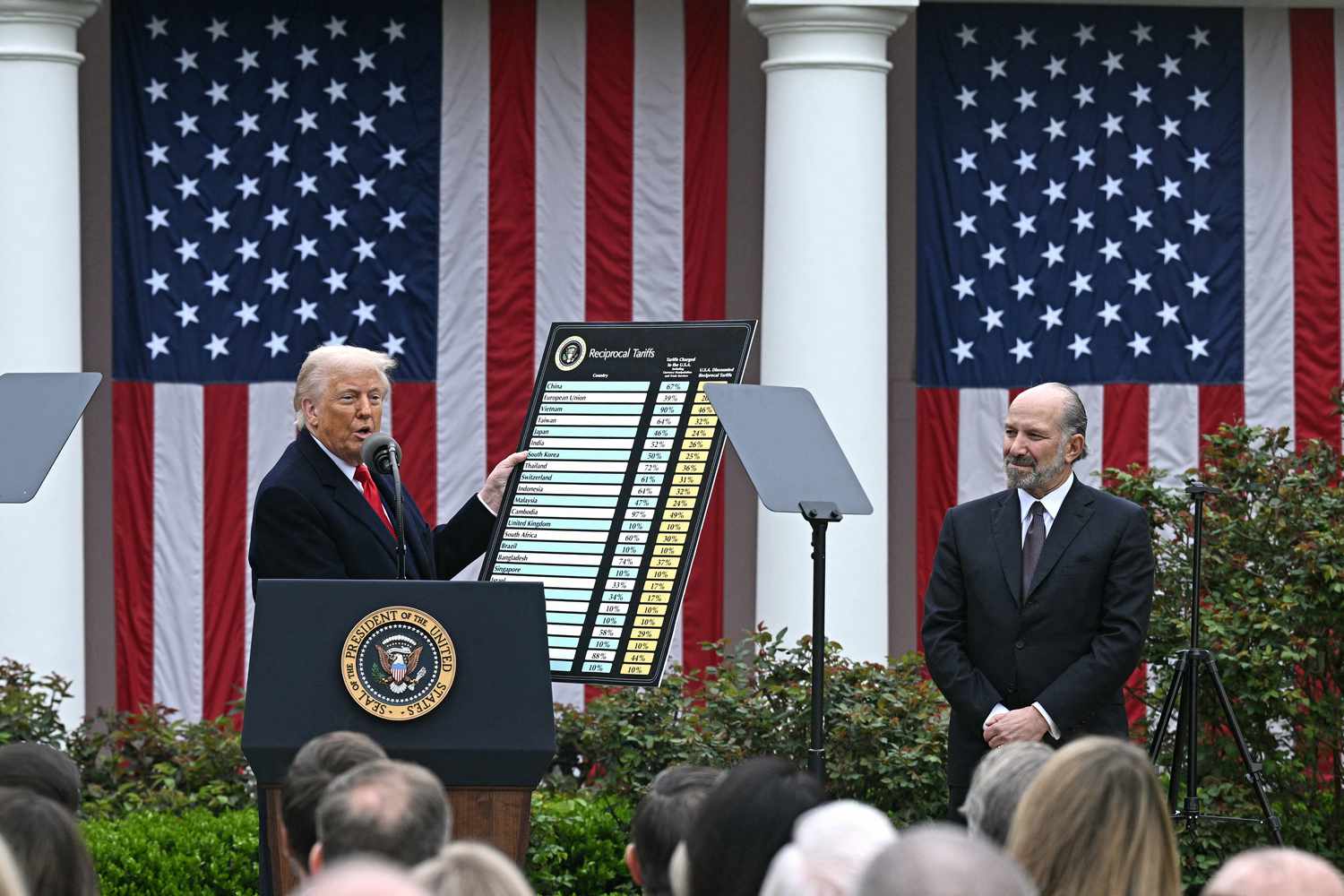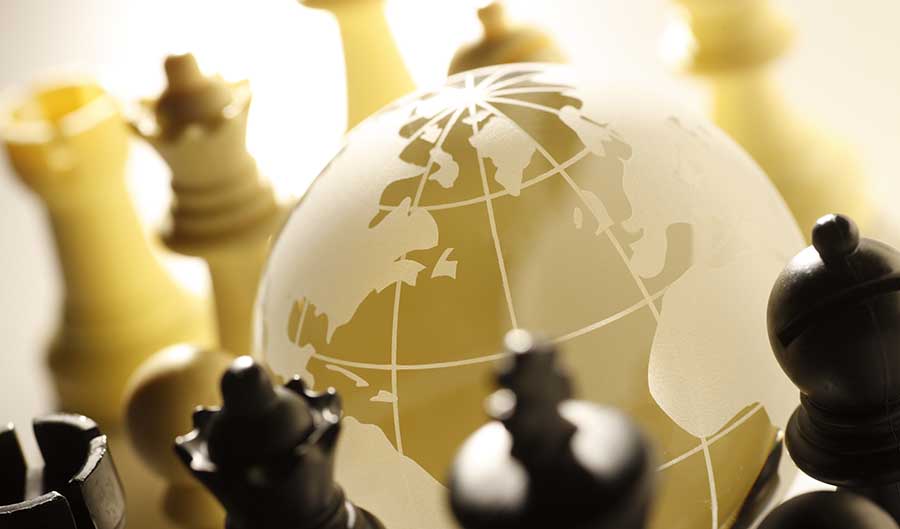
Wang Yuzhu, Research Fellow, Institute for World Economy Studies, SIIS
Apr 11, 2025
A broad vision is necessary if the United States wants to bring industry back home. The time has come for the it to reconcile its ambitions with on-the-ground realities. Washington should develop a sustainable strategy for managing relationships with other major powers, especially China.

Dan Steinbock, Founder, Difference Group
Apr 05, 2025
After a decade of deglobalization and U.S. geopolitics, globalization is no longer at crossroads, but unraveling. The longer this plunge prevails, the greater will be its costs.
Joseph S. Nye, Professor, Harvard University
Feb 13, 2025
As wildfires raged through Los Angeles in January, the infamous American conspiracy theorist Alex Jones posted on X (formerly Twitter) that they were “part of a larger globalist plot to wage economic warfare & deindustrialize the [United] States.”
Lucio Blanco Pitlo III, President of Philippine Association for Chinese Studies, and Research Fellow at Asia-Pacific Pathways to Progress Foundation
Nov 29, 2024
The Regional Comprehensive Economic Partnership (RCEP), the world’s largest trade pact, integrates 15 diverse economies to revitalize globalization, enhance trade rules, and bolster ASEAN’s centrality in regional trade. Amid U.S.-China tensions, RCEP offers opportunities for supply chain shifts and industrial upgrades while positioning China to deepen ties with developing regions through initiatives like the Belt and Road.
Zhou Xiaoming, Former Deputy Permanent Representative of China’s Mission to the UN Office in Geneva
Aug 23, 2024
The multilateral trading system faces an existential challenge as the United States and European Union seek to continue — or even expand — trade protectionism. If Donald Trump returns to the White House, there are good reasons to believe that he will try again to hijack the World Trade Organization. Meanwhile, protectionism by Europe only makes things worse.

Yan Xuetong, Distinguished Professor, Tsinghua University
May 08, 2024
When discussing the global order and China's foreign policy, we must examine how China adapts its foreign policy to changes in the global order. There is a debate on whether we are returning to a Cold War-like situation. Many believe we are, drawing parallels between the current U.S.-China competition and the former U.S.-Soviet rivalry, which shaped the international power structure.

Hu Dawei, Research Fellow, China Institute of International Studies
Jun 08, 2023
Hiroshima highlighted the decline of Western influence in global economic governance. The group’s inherent inadequacy arises from the desperate effort by a small group of member nations to maintain their dominant position in the world.
He Weiwen, Senior Fellow, Center for China and Globalization, CCG
Dec 14, 2022
After the Xi-Biden meeting in Bali, attention should turn in earnest to a global vision in which the two countries share a common obligation — supporting globalization and multilateralism — not only to manage differences but also to avoid economic fragmentation.
Zhang Tuosheng, Principal Researcher at Grandview Institution, and Academic Committee Member of Center for International Security and Strategy at Tsinghua University
Oct 31, 2022
Positive trade mechanisms have emerged. China remains committed to developing its relationship with the U.S. The recent tension over Taiwan was controlled. Such things and others are a basis for optimism, not despair.
Brian Wong, Assistant Professor in Philosophy and Fellow at Centre on Contemporary China and the World, HKU and Rhodes Scholar
Aug 02, 2022
China’s economy has weather the pandemic as well as any other nation’s has in the last few years, but the future seems uncertain as the world order is reshuffled as borders and regulations return to pre-outbreak norms.